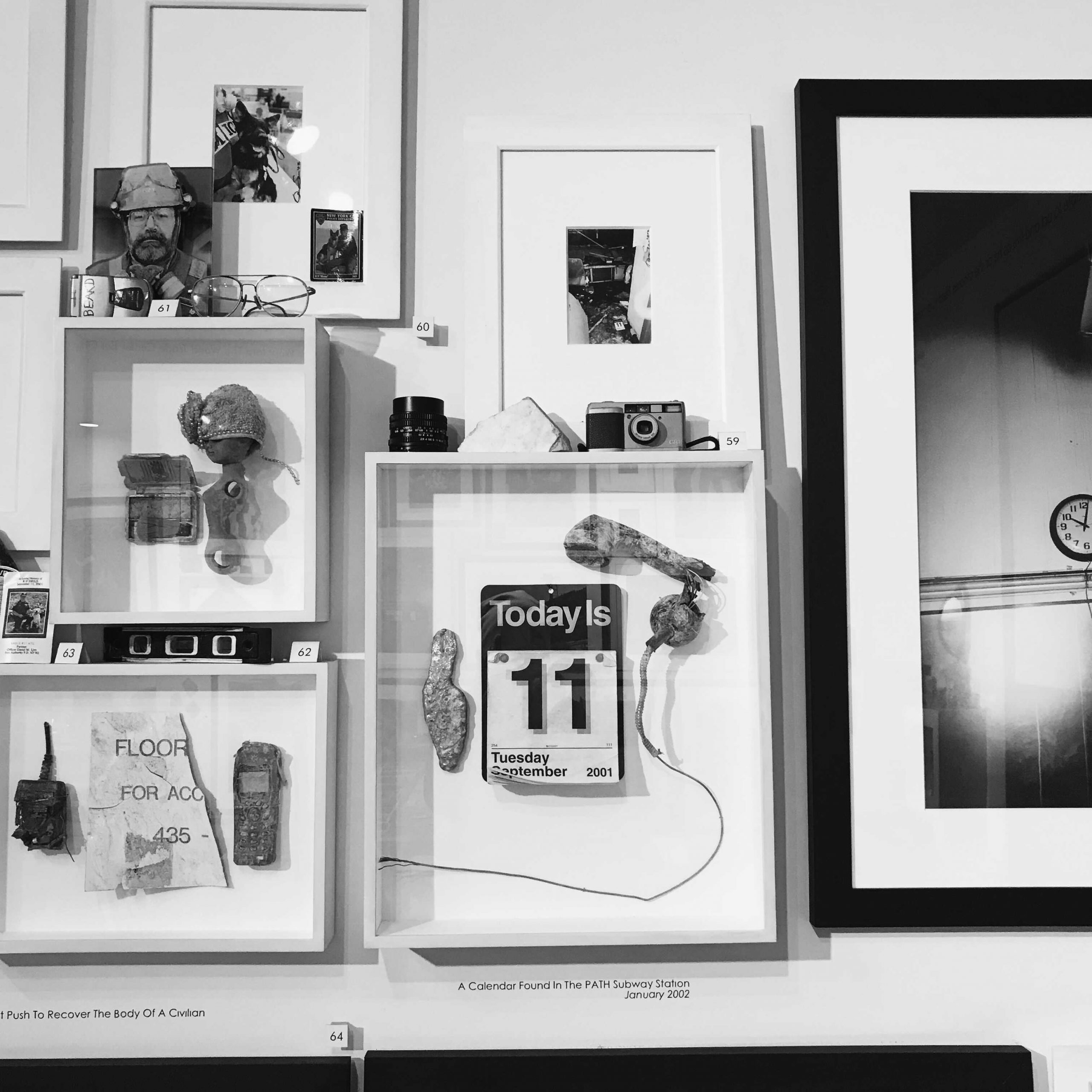September 7, 2021
In commemoration of the 20th anniversary of September 11th, Executive Director Tom Ikeda shares his recollections of the aftermath of the attacks and how it radically reshaped Densho’s focus.
A few Densho staffers and I had an oral history interview trip scheduled shortly after 9/11 and I remember that many of the survivors we were interviewing immediately drew the connection between the attacks on Pearl Harbor and the World Trade Center, as well as the repercussions for groups that were scapegoated in the aftermath.
It was interesting just how quickly the Niseis made that connection to 9/11 because it was such a dramatic event. They talked about how they were worried that Muslim Americans and Arab Americans would go through a similar situation that Japanese Americans did.
One interview with Joe Yasutake really stands out to me. I interviewed him about a month after 9/11 and Joe was going into classrooms at that point to talk about his WWII experience as well as constitutional and civil rights. I asked him what kinds of responses he was getting from students and teachers:
“Sometimes people ask, ‘Well, why don’t you just forget this? That was sixty years ago. Why not press on?’ Well, because it’s very relevant right now, especially right now… all I can do is kind of point out these things and hope that maybe it’ll catch in some quarters of the audience that perhaps I might be talking to, and maybe it might have some kind of an effect at some point if we do it enough times and to as many people as we can.”
As I watched the backlash and listened to responses like Joe’s and the other Nisei survivors I was interviewing, my thinking about the purpose of Densho began to shift.
It became much clearer to all of us that we weren’t just documenting this historical event to remember it — it was actually something that was very relevant to what was happening in that moment in terms of repercussions that unfairly targeted Arab Americans and Muslims.
I realized that unless people knew what happened to Japanese Americans, it would just as easily happen again.
On the Day of Remembrance 2002 — the 60th anniversary of Executive Order 9066 — Densho launched its first public facing website, and in response to all that happened in the aftermath of 9/11 we scrambled to add a major educational component to the site. We have continued to grow that educational and activist component of our work ever since.
The attacks on the World Trade Center didn’t just shift Densho’s work. I noticed that it served as a catalyst for other Japanese Americans to connect their history to the present as well. Especially in the Bay Area, I remember seeing many other Japanese American speaking out. The activism of that era was certainly inspired by earlier movements, and I think it continues to shape the way Densho and other Japanese Americans are showing up in solidarity with targeted groups today.
September 11th still stands out in my mind as being a major turning point for our organization, and given all that has unfolded in the 20 years since, it’s clear that we have a lot more work to do.
—
By Tom Ikeda, Densho Executive Director
[Header image: Artifacts on display at the 9/11 Museum Workshop in NYC. Photo by Natasha Varner, Densho Communications and Public Engagement Director.]
